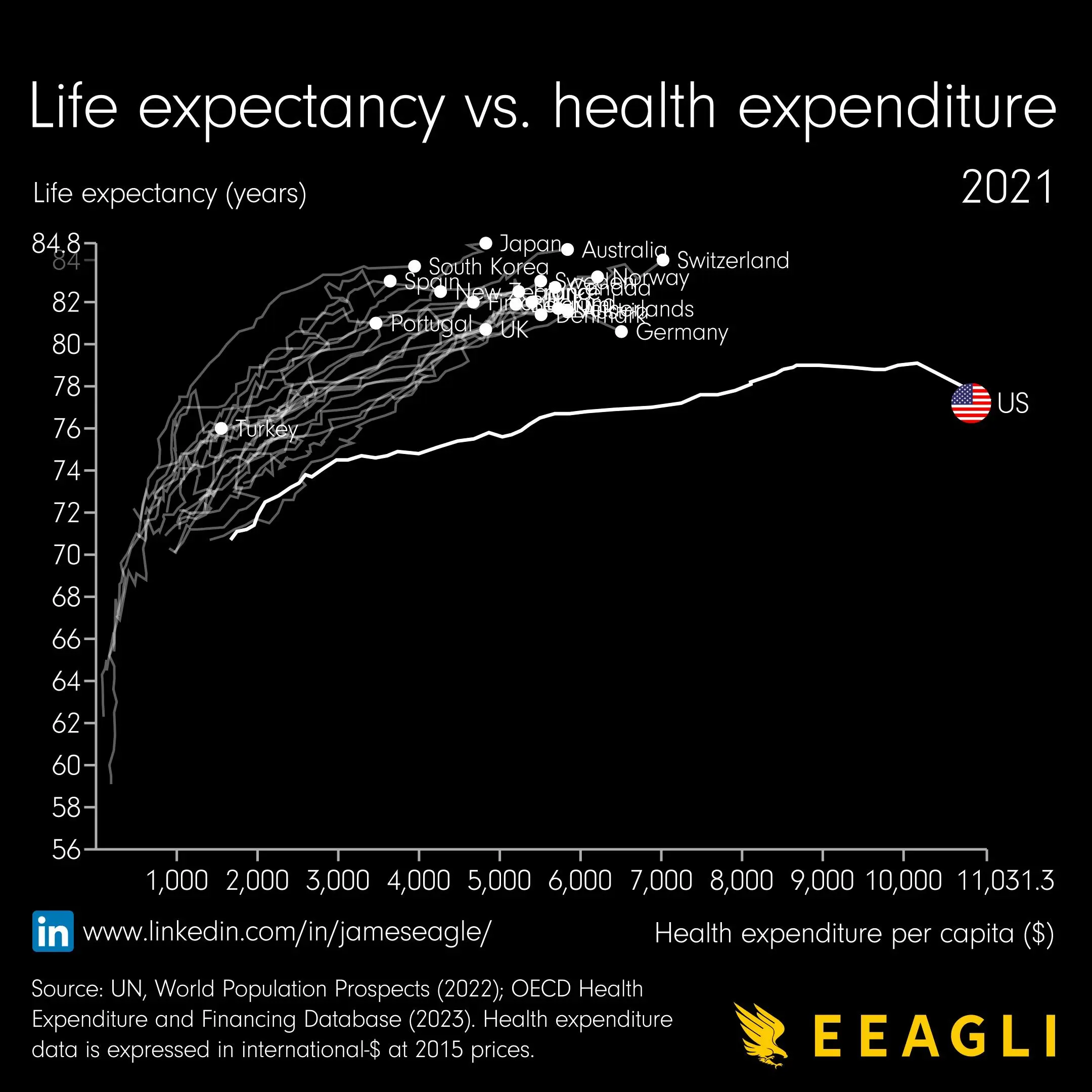The market has solved it.
You just don't realize what the market has solved for. It didn't solve the problem of expensive healthcare, it solved the problem of how to maximize profits for the wealthy.
That's what people don't understand about "the market". What you think it's doing isn't what it's actually doing.
